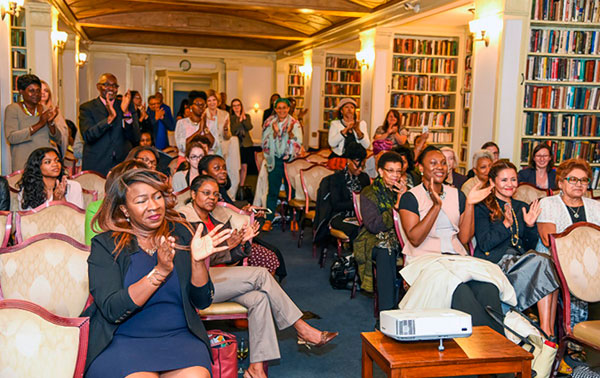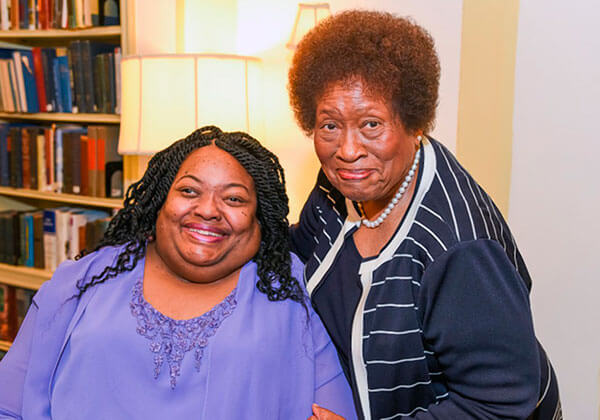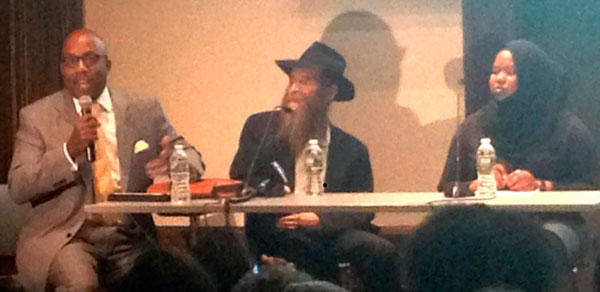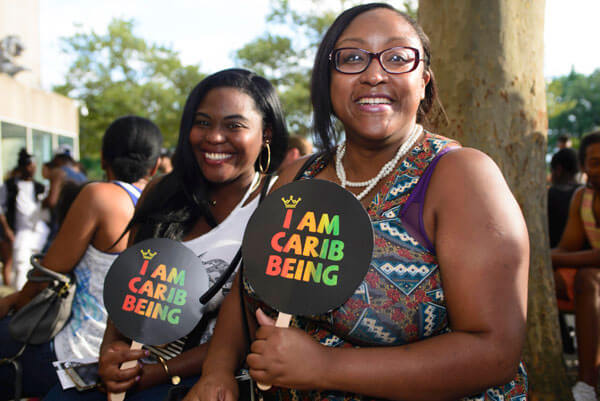Award-winning filmmaker and author Crystal R. Emery preview-screened her documentary film, “Black Women in Medicine” at the Yale Club in Manhattan on Wednesday, June 8.
The quadriplegic filmmaker teamed up with former Surgeon General Joycelyn Elders, to create a documentary highlighting black women doctors from the past to the current. The film highlights the challenges and struggles that black women face in medical school, their professions, and their relationships with their peers. Creators of the film explain the efforts that need to be implemented to change the face of physicians in the country.
“You can’t be, what you can’t see,” said Elders to an audience recalling her childhood in racially-segregated Arkansas. “I couldn’t aspire to be a doctor, I couldn’t aspire to be a nurse. The only thing that seemed better than the cotton patch was to be a clerk at Dillard’s department store — because that was all I saw.”
Various black female physicians, students, and aspiring doctors, speak in the documentary about their journey’s into the medical field. The timelines the very first black female to enter medical school, to the current, and incoming medical students. Along with Elders, other notable women in the film include doctor Claudia Thomas, the first black female orthopedic surgeon, and doctor Velma Scantlebury, the first black female transplant surgeon.
Some doctors who appeared in the film praised Emery for documenting their stories for the world.
“She has done a remarkable job,” said guest speaker Aletha Maybank, the deputy commissioner for New York City’s Department of Health and Mental Hygiene. “She’s doing something that nobody else is doing and that’s documenting the history, especially the history of the African-American female physicians in the country, and nobody has taken that on.”
As part of the film, Emery created an initiative called “Changing the Face of Medicine,” being pushed by her and Elders, to increase the number of all black physicians in the country. The launch of this project is to bring awareness and to emphasize the importance of introducing more diverse faces into healthcare.
Emery wants the film to reach every demographic in hopes that everyone is uplifted.
“This film transcends race, gender, economics — if it moved your heart, then I need your help to move other people’s hearts,” said Emery.
The film is not completed, but “Black Women in Medicine” will air on 279 public American television stations this September.




























